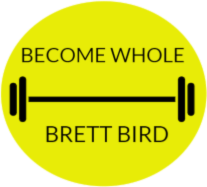Being great any kind of skill requires standards.
When it comes to succeeding or excelling in anything in life, it helps to have realistic standards by which you can measure yourself against. The standards that you select should be reasonable to attain, yet ideal enough to push yourself to become your best. This is true for any skill that you have, at any skill level that you’re at, even if you consider yourself to be a master.
This is something that has served me well in life. It kept my view of myself realistic when I started to get arrogant in my skill level, and showed me how much more I could learn. Standards are the one guiding light that lets you know where you’re at, in the absence of any kind of mentor or guidance. For example, when attempting to learn a language, I would often teach myself and had to have a yardstick to measure myself against in the absence of any kind of mentor. This showed me how much I would need to learn, and what kind of actions that I would have to take to attain the desired skill level. I use this approach for any skill, not just language learning.
Choose your standards wisely.
If there’s one caveat, I would have to say about standards, it’s that they should be attainable and not discourage you. It can be easy, especially for a total beginner, to look at an expert and immediately get intimidated and afraid to try. If the standard has this impact, it’s not a good standard, and you should look at an example of someone who is skilled yet is more intermediate than advanced. As your skill level grows, so should your level of standards.
This is a topic that I’m hashing out and will very likely serve as the topic of another book in the future. I’ll certainly be speaking more about this. Standards apply to all things in your life, not just learning something new or judging your own skill level.

